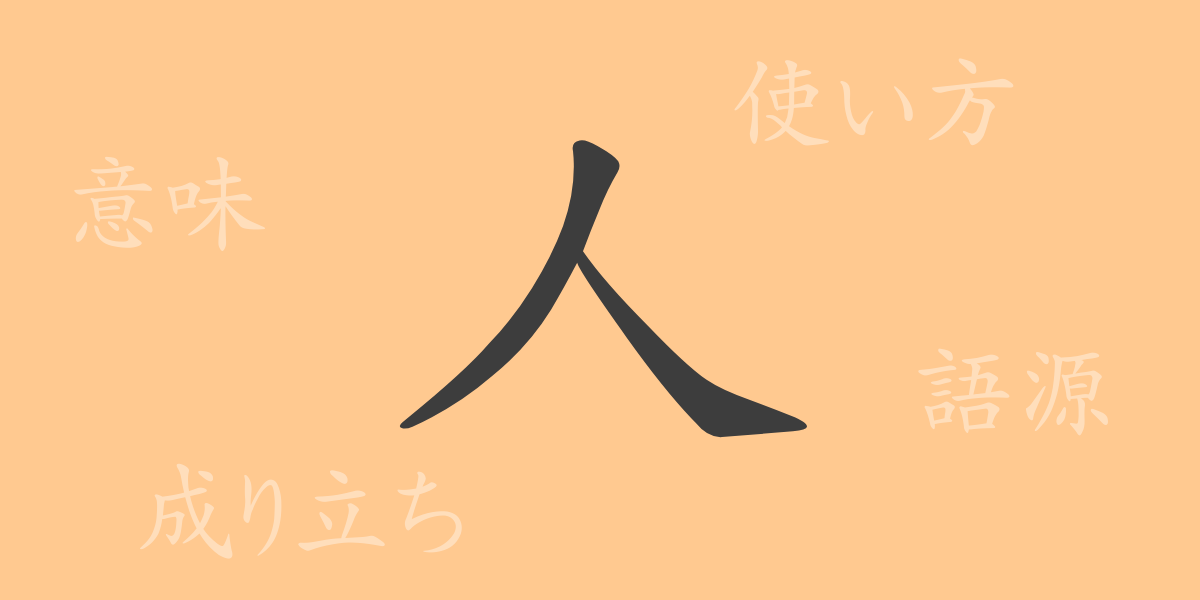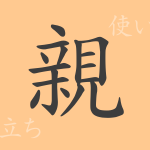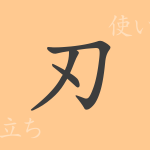The Japanese kanji ‘人’ (ひと), used so frequently in our daily lives, embodies not only the concept of a person but also carries a rich history and cultural significance. This article delves into the kanji ‘人’, exploring its origins, meanings, contemporary usage, and its role in idioms and proverbs, offering a glimpse into the profound expressiveness and depth of the Japanese language.
Origins of 人 (ひと)
The kanji ‘人’ can be traced back to ancient Chinese oracle bone script. The symbol, consisting of two lines supporting each other, represents the idea of cooperation and societal bonds. Over time, this character has evolved and become integral to Japanese culture, symbolizing human connections and social behaviors.
Meaning and Usage of 人
While primarily meaning ‘person’, the kanji ‘人’ extends to express human nature and individuality. It is used in terms such as ‘人情’ (にんじょう, human kindness) and ‘人生’ (じんせい, life). ‘人々’ (ひとびと, people) refers to groups, and ‘人物’ (じんぶつ, character) describes someone’s personality or traits, reflecting the nuanced ways we perceive and value human interactions.
Readings, Stroke Count, and Radical of 人
The kanji ‘人’ is foundational in many other characters and is crucial in learning Japanese:
- Readings: On’yomi ‘ジン’, ‘ニン’; Kun’yomi ‘ひと’
- Stroke Count: 2
- Radical: The radical itself is ‘人’, also known as ‘にんぶ’ (ninbu).
Idioms, Phrases, and Proverbs Using 人
The character ‘人’ appears in many idioms and proverbs, enriching the language with philosophical insights:
- 人事を尽くして天命を待つ (じんじをつくしててんめいをまつ): Do your best and leave the rest to fate.
- 人の褌で相撲を取る (ひとのふんどしですもうをとる): Using others’ resources to accomplish one’s goals.
- 人間万事塞翁が馬 (にんげんばんじさいおうがうま): Life is unpredictable, akin to the tale of the old man who lost and regained his horse.
Conclusion on 人
The kanji ‘人’ occupies a vital place in Japanese language, symbolizing interpersonal relationships and societal dynamics. It enriches our speech, reflecting the complexity of human interactions and societal roles. Through exploring ‘人’, we appreciate its limitless potential and the cultural and historical depth it represents in the Japanese language.

























